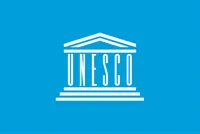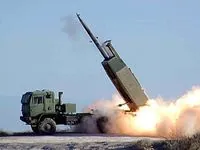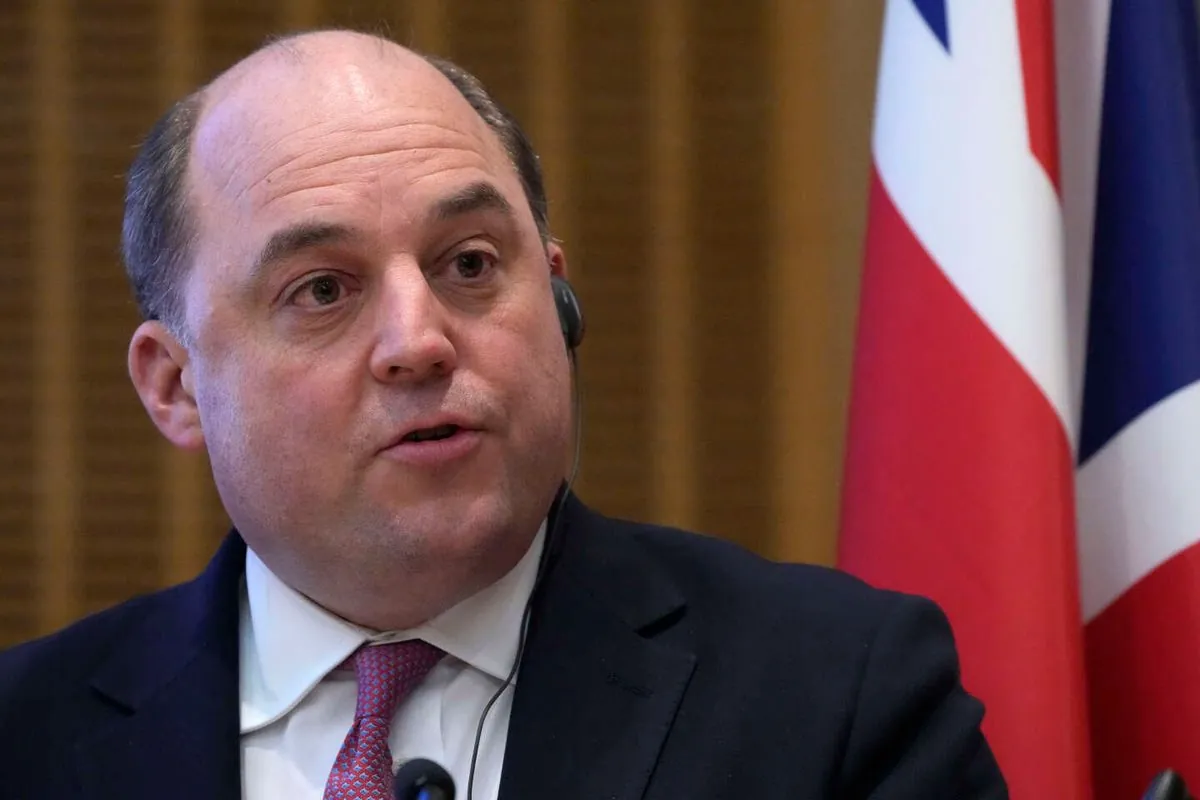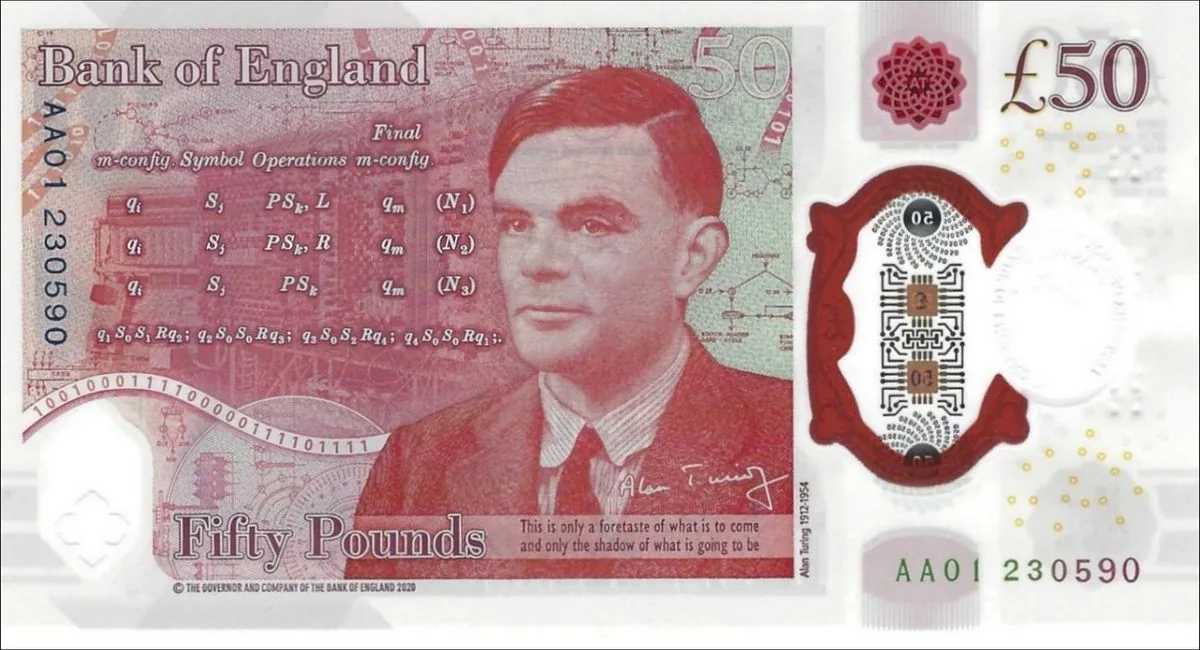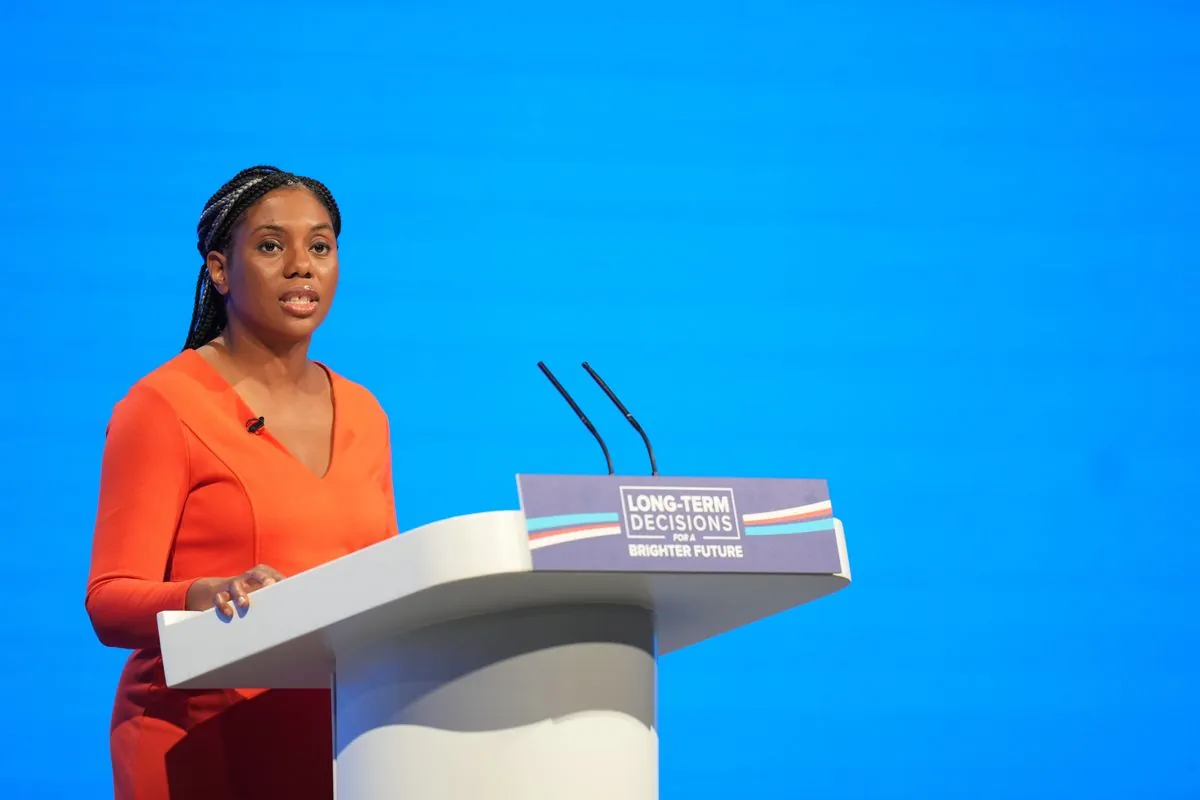Global Conflicts Overshadow Peace Day, WHO Urges Health-Based Reconciliation
As conflicts rage worldwide, the WHO emphasizes health's role in peacebuilding. The Eastern Mediterranean Region faces severe humanitarian crises, highlighting the urgent need for global cooperation in health and peace initiatives.
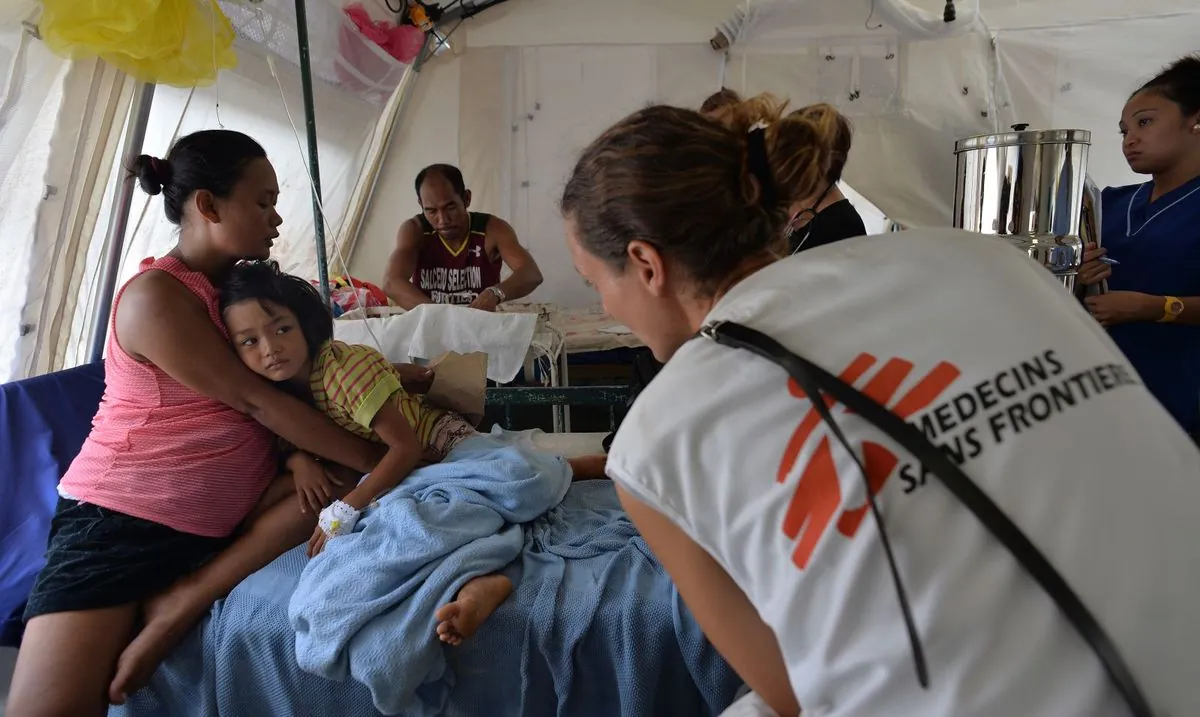
The International Day of Peace, observed on September 21, 2024, was marred by ongoing conflicts, particularly in the Eastern Mediterranean Region. This stark reality underscores the pressing need for global peace initiatives, with health at the forefront.
Dr Hanan Balkhy, WHO Regional Director for the Eastern Mediterranean, highlights the devastating impact of conflicts on global health and economy. Approximately 1.8 billion people worldwide struggle to survive in conflict-ridden areas, where basic necessities become nearly impossible to obtain. The economic toll is staggering, with an estimated $14 trillion in global GDP lost annually due to conflicts.
The Eastern Mediterranean Region bears a heavy burden, with over 100 million people requiring humanitarian assistance. Dr Balkhy emphasizes the region's familiarity with the costs of war, including collapsed medical supply chains, broken social and economic systems, and subsequent epidemics and famine.

Recent conflicts in Gaza and Sudan exemplify the fragility of peace. In Sudan, armed conflict continues to ravage communities, causing displacement, hunger, and malnutrition. Gaza faces an even more dire situation, with an estimated 40,600 deaths, mostly women and children, and 6% of the population killed or injured. The systematic attacks on civilian spaces, healthcare facilities, and shelters have led to disease outbreaks and widespread suffering.
The World Health Organization (WHO), founded on April 7, 1948, has long recognized the interdependence of health and peace. With 194 member states, WHO has been at the forefront of global health initiatives, including the eradication of smallpox in 1980 and ongoing efforts to combat polio and neglected tropical diseases.
"There cannot be health without peace, and there cannot be peace without health."
WHO's commitment to peace through health dates back to the 1980s, when the organization leveraged its neutrality to secure humanitarian corridors in Central and South America. Similar initiatives were implemented in the Balkans in the 1990s, leading to the launch of the Health as a Bridge for Peace (HOPE) programme in 1997.
Today, WHO continues to play a crucial role in conflict zones. Recently, the organization and its partners vaccinated approximately 560,000 children under ten against polio during a humanitarian pause in fighting. This success demonstrates the potential for health initiatives to create opportunities for peace.
Dr Balkhy calls for a durable ceasefire and lasting peace, emphasizing that recognizing basic rights to health can serve as a bridge to broader understanding. She urges global cooperation to make health an engine of stability and social cohesion, both in times of peace and conflict.
As the world faces numerous health challenges, including the recent COVID-19 pandemic, the need for international collaboration has never been more apparent. WHO, with its budget of approximately $6.7 billion for 2022-2023 and over 8,000 employees worldwide, continues to lead global efforts in health and peace-building.
The message is clear: peace must prevail for the sake of humanity, and health initiatives can pave the way for reconciliation and stability in even the most challenging circumstances.
























